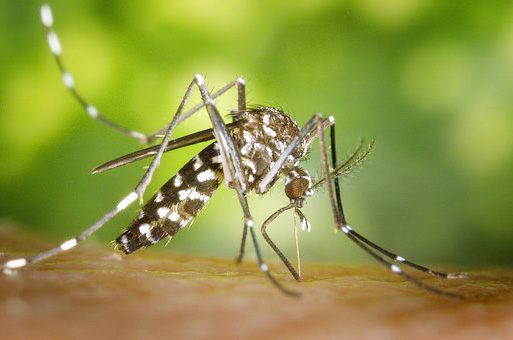This is King Mswati’s final year as the chairperson of ALMA and eSwatini has vowed to leave a legacy in the fight against malaria in order for it to be completely eradicated.
“There is a need for resource mobilisation where the business sector is also encouraged to assist governments in the fight against malaria. Since malaria knows no borders, we therefore need a coordinated approach. This we will do through resources such as the fund,” King Mswati said.
The king was nominated into the position in February 2017, succeeding Chadian President Idriss Déby Itno after eSwatini became one of seven countries to be recognised for significant achievements in malaria control and elimination.
At the time, the World Health Organisation (WHO) had noted that eSwatini had decreased malaria incidence and mortality by more than 40 percent between 2010 and 2015.
The country has also previously chaired the Southern African Development Community (SADC) Malawi Elimination 8 (E8) Initiative, which is working to strengthen regional coordination in order to achieve elimination in each of the E8 member countries and reduce crossborder malaria transmission.
The E8 Initiative is a partnership between eight SADC member states that seeks to enable and accelerate zero local transmission of malaria in the countries.
The eight countries are Botswana, Mozambique, Namibia, South Africa, Swaziland, Zambia and Zimbabwe.


